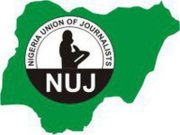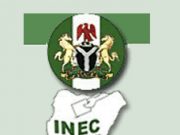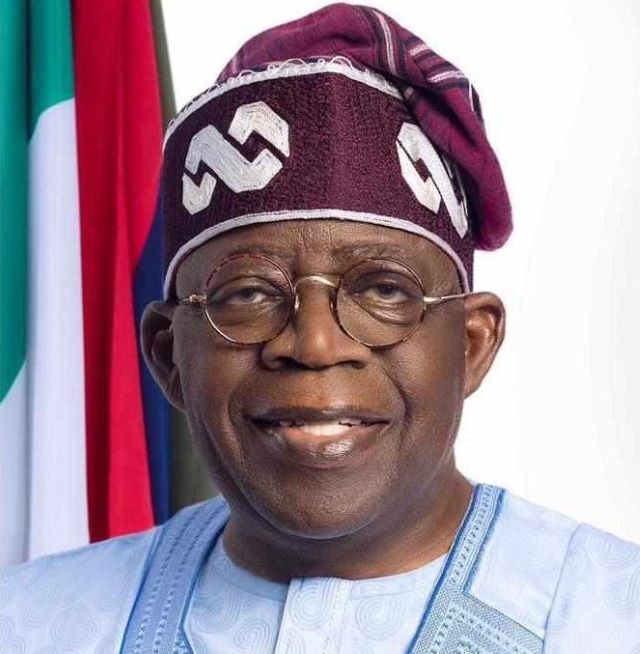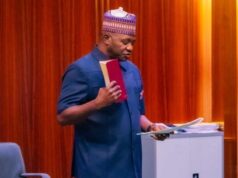Aliko Dangote’s accusations against International Oil Companies (IOCs) of sabotaging his refinery is a serious indictment on President Bola Tinubu‘s government.
The recent allegations by Dangote, suggesting that IOCs are plotting to ensure the failure of his oil refinery, raises significant concerns about the administration’s handling of the petroleum sector.
At a time when Nigerians are clamoring for substantial changes in the governance of the petroleum industry, such accusations cannot be taken lightly. The refinery is not just a private endeavor but a crucial part of the nation’s economic infrastructure. If the allegations hold any truth, it signifies a severe breach in the communication and operational coordination between the leadership of the petroleum industry, the Dangote refinery, and the Presidency.
Such information, if not managed properly, can be detrimental to public perception and can send negative signals to the international community and potential investors who are considering putting their money into Nigeria’s petroleum sector. It is imperative for the government to maintain a stable and trustworthy environment to attract and retain investment.
The current scenario also highlights a potential lapse in the handling of sensitive information and strategic relationships within the sector. Effective governance demands seamless communication and coordination, especially between major stakeholders like Dangote and the Nigerian National Petroleum Corporation (NNPC). The fact that these accusations have surfaced publicly indicates a significant breakdown in these essential communications.
From my perspective, some individuals working closely with President Tinubu may lack a deep understanding of his political journey and the strategic direction he envisions for the country. These aides, who may see their roles as mere elevations, could be acting independently, which might jeopardize the administration’s overall goals. This misalignment can cause substantial harm if not addressed promptly.
Having observed the political landscape in Abuja for some time, it is evident how damaging ineffective aides can be to the careers of their principals. This issue is critical, and all supporters of President Tinubu’s government must be vigilant and proactive in preventing such derailments. The feedback from both politicians and ordinary citizens about the President’s handlers is troubling and suggests a need for immediate intervention.
It is crucial to ascertain whether Aliko Dangote and the NNPC leadership have exhausted all avenues for peaceful resolution with the President, who also serves as the Minister of Petroleum. Before escalating matters to the court of public opinion, it is essential to ensure that there have been genuine attempts at dialogue and reconciliation. The Petroleum Industry Act, particularly Section 109 on “willing buyer, willing seller,” should guide these discussions and resolutions.
There are key individuals and agencies within the petroleum sector whose daily access to the President is vital due to the sensitive nature of their operations. It is concerning that such a significant piece of information was released to the press instead of being handled discreetly. Aliko Dangote, given his pivotal role, should have unrestricted access to the President to discuss and resolve such critical issues.
If the dual responsibilities of being the President and the Minister of Petroleum are proving to be overwhelming, it may be wise for President Tinubu to appoint a dedicated Minister of Petroleum. This would ensure focused and efficient management of the petroleum sector, which is the backbone of Nigeria’s economy.
In conclusion, the petroleum industry is a cornerstone of Nigeria’s national interest. Ensuring its smooth operation and addressing any internal conflicts promptly and effectively is crucial for the nation’s stability and growth. President Tinubu’s administration must take decisive steps to restore confidence and ensure that the industry operates transparently and efficiently. This will not only mitigate current issues but also set a solid foundation for future developments in Nigeria’s petroleum sector.
- Mogaji Wole Arisekola sent this in from Ibadan, the capital city of Oyo State









































































